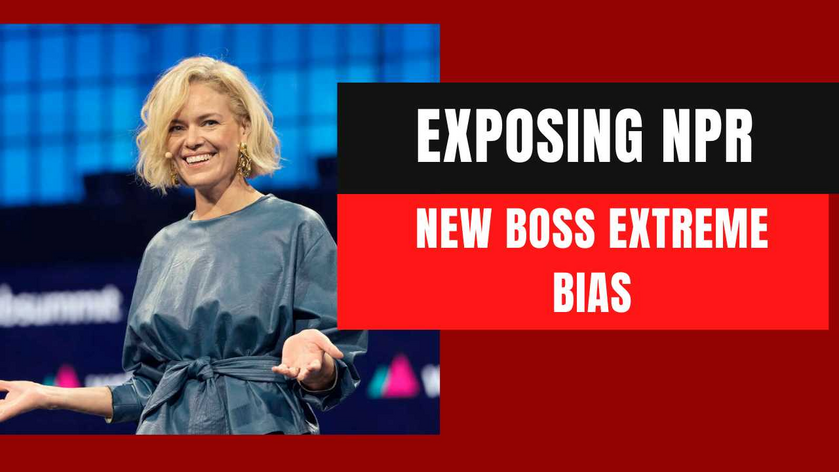WASHINGTON D.C. - Katherine Maher, who boasts a prestigious background with roles at UNICEF, the Atlantic Council, the World Economic Forum, the State Department, Stanford University, and the Council on Foreign Relations, has recently taken over as CEO of National Public Radio. Maher, who previously led the Wikimedia Foundation, has barely settled into her new role and is already facing significant challenges.
Click here to read Chris Ruffo’s exclusive reporting on Maher.
Within weeks of her appointment, NPR's senior editor Uri Berliner resigned following a public critique of the network, accusing it of ideological bias. Rather than engaging with Berliner's concerns, Maher issued him a five-day unpaid suspension, a move that Berliner cited as a contributing factor in his decision to leave the organization.
According to Ruffo, complicating matters for Maher is her extensive digital footprint, consisting of some 29,400 tweets. These tweets, which range from personal reflections to political commentary, paint a portrait of an individual deeply immersed in the language and priorities of contemporary progressive thought. Terms like “structural privilege,” “epistemic emergency,” and “late-stage capitalism” are frequent in her Twitter lexicon, reflecting her engagement with modern social issues.
Maher’s tweets reveal her staunch support for movements like Black Lives Matter and her anticipation for political figures such as Elizabeth Warren and Hillary Clinton. She has also expressed disdain for former President Donald Trump, labeling him a “deranged racist sociopath.”
According to Ruffo, her social media activity also showcases her personal life, including her frequent travel and her conscious decision to remain childless due to environmental concerns. Moreover, Maher's candidness about her lifestyle and choices highlights the intersection of the personal and political in her public persona.
As Maher navigates her role at the helm of one of America’s foremost public media organizations, the blend of her professional challenges and her outspoken social media presence will likely continue to attract both support and scrutiny. This episode at NPR underscores the complex dynamics at play when personal beliefs and public responsibilities intersect in the digital age.




















